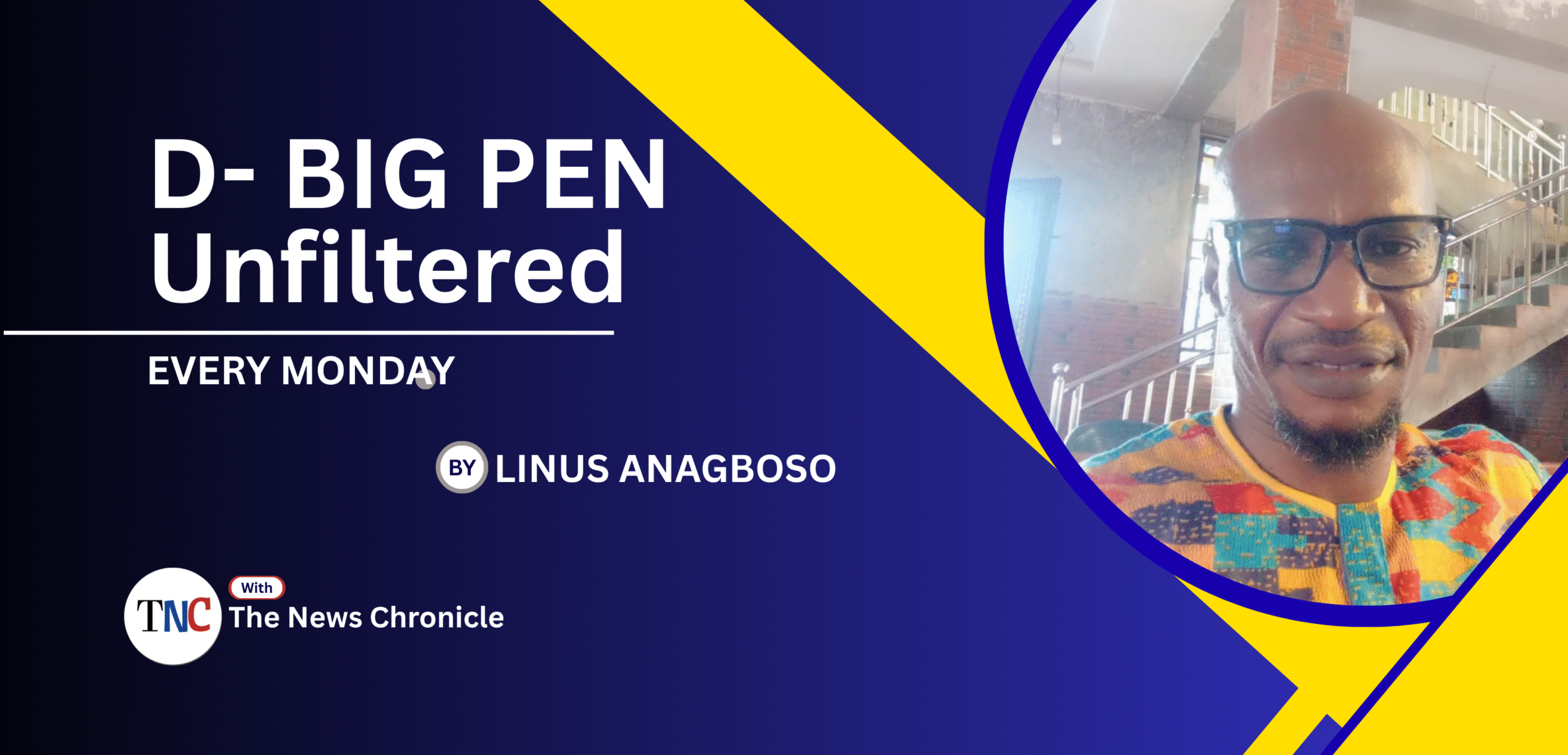He strode up to the podium on inauguration day, chest puffed out, and a grin that dared anyone to blink. “I bought this victory with my own money,” he announced, and the room went silent. Not a gasp, not a cheer—just a tense, uneasy pause. He didn’t hide it. He wore it like a badge. Democracy had just been auctioned, and he was the highest bidder.
From the back of the hall, I watched faces shift—some stunned, some smug, others quietly furious. Outside, the city buzzed with life: market sellers haggling, motorbikes weaving through traffic, and somewhere, young men were still lining up for envelopes, cash pressed in their palms like tickets to a show they didn’t know they were attending. The show was democracy, and it had gone up for sale.
Winning wasn’t enough for him. He wanted the story, the bragging rights, the power of telling everyone that votes had a price. But buying loyalty rarely guarantees respect. The losses were piling silently: trust, accountability, public faith. Roads would remain half-built, schools underfunded, hospitals stretched thin. The people had traded integrity for cash, and the nation was poorer for it.
By evening, the celebration spilled into the streets. Fireworks masked the subtle decay, laughter drowned the whispers of doubt. But democracy doesn’t heal that fast. It waits, patient, watching, counting the real cost of power bought instead of earned. And eventually, the bill comes due.
Vote-buying isn’t just a scandal—it’s a slow erosion. It turns elections into markets and citizens into consumers. Every time a politician boasts about buying victory, we lose a little more: hope, trust, and the promise that leadership can be earned through vision, not wallets.
In the end, the money might have won him a seat, but it bought the country nothing but debt—in spirit, in integrity, and in the silent despair of a people who are learning that in this game, the house always wins.



